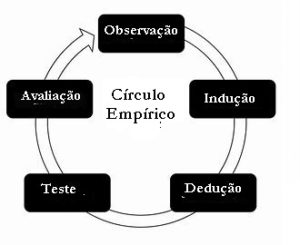
Arquivo para February 16th, 2021
Idealism and the wide door of misconceptions
At the same time discovered as quantum physics, holography, and a new  worldview of the universe emerge, there are those who believe that the earth is flat and that we were never the moon. These are too many specific problems to be dealt with, but philosophy in general contemporary rather than neoliberal, this is its pragmatic economic aspect.
worldview of the universe emerge, there are those who believe that the earth is flat and that we were never the moon. These are too many specific problems to be dealt with, but philosophy in general contemporary rather than neoliberal, this is its pragmatic economic aspect.
It is idealistic and even philosopher-youtubers who discourse on philosophy follow it. Kant is complex, but his central point is the dichotomy between subject and object, as they cannot be separated, at least in terms of theory of knowledge, he created the analytical and synthetic judgments. Who is cured the disease or sick, for Kant it is the disease.
The analytic judgment is that the predicate is within the subject, and so it specifies its logic, and this logic comes from a physical-mathematical view of knowledge in modernity. It exemplifies using geometric figures such as the triangle and the square, of course it has four sides, but this is not a deduction but a tautological, circular definitions.
The synthetic judgment, on the other hand, cannot be contained in the subject, so it adds reasoning as something completely new, that is, the novelty is the predicate.
It is very simplified, but essentially develops a logic where Being and Entity are confusing and dismantles the possibility of an ontology, even if it is partial, and imagined with this throwing away all the “superstitions”, the famous “Sapere audi”, dare to know.
As reason alone was not enough, it was necessary to introduce the idea of empiricism, which came from David Hume’s arguments (1711-1776, so judgments may a priori, which already exist in the subject, and a posteriori, experimentally acquired.
Schlick (1882-1936), who founded the Vienna Circle neologicist school, criticized the idealistic basis of a priori knowledge, claiming that since statements have a logical truth, they are neither analytical nor synthetic as they are. Kant argued because it was paradoxical; and that if the truth depends on the factual content, the statements are therefore a posteriori and not a priori, since the facts must happen, Schlick was assassinated by Nazism.
In the circle of Vienna were present Kurt Godel, Karl Popper, Hans Kelsen and others.
The same proposition can be known by cognitive agents both a priori and a posteriori, using the same example as Kant, a creation only knows that the square has four sides after learning to count, while for an adult it seems “inductive.”
The video is a short discussion about idealism of Kant to Hegel:

